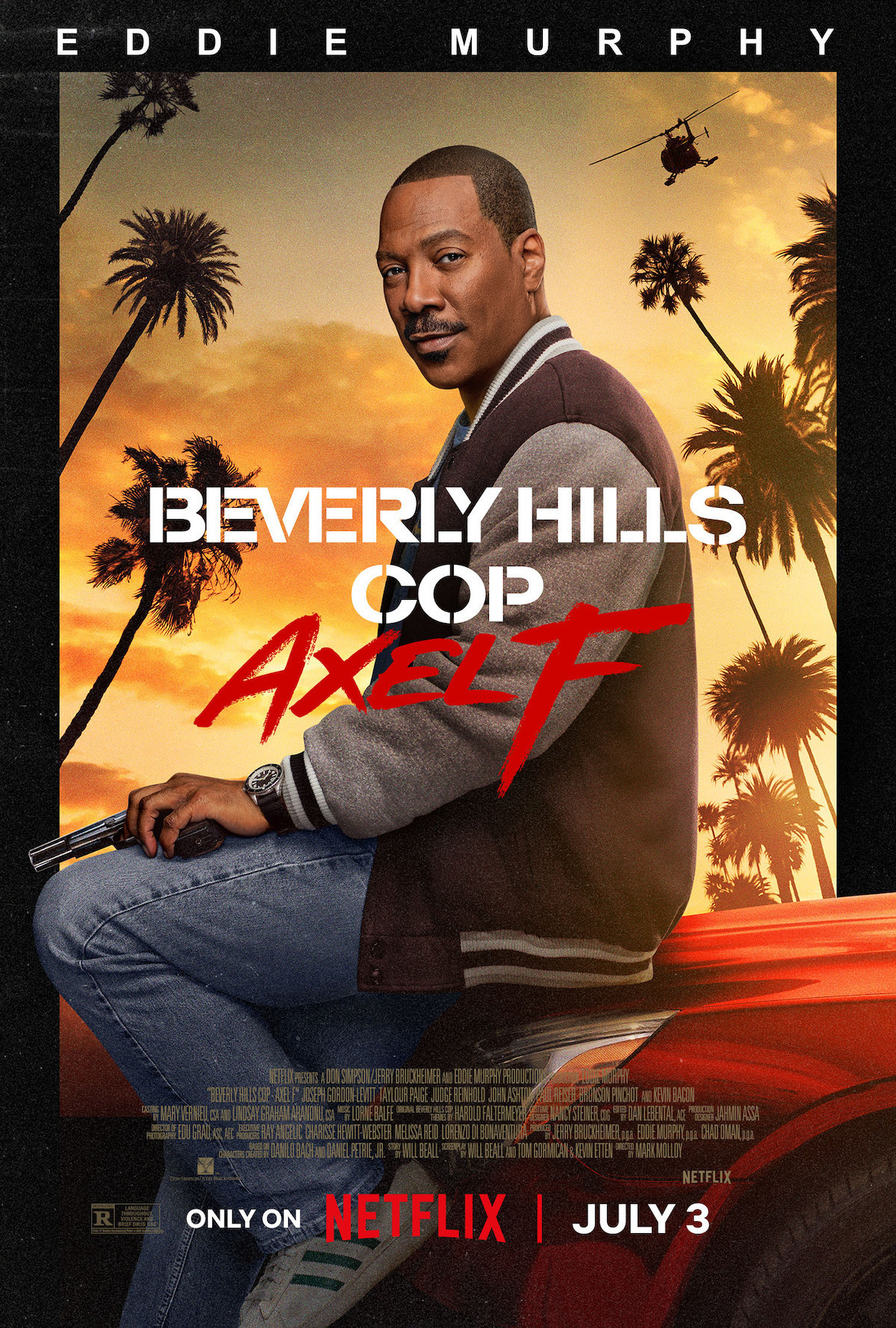I recently re-read Roger Zelazny’s “Doorways in the Sand,” which I last read when I was a teen-ager. I loved it as much today as I did then. One of my favorite Zelazny books, which makes it one of my favorite books.
In that novel, a character in his 60s is looking back on his life and says that the world goes through one massive change after another—but they happen one at a time, spaced out at long intervals, and after each change life goes back to pretty much what it was before, so you can convince yourself nothing has changed.
Then you look back over the course of 40+ years and the world is completely different from when you were 20 years old.
I glided over that passage when reading it first as a teen, but re-reading it again over the past few months it hit me hard.
In my adult lifetime, we’ve seen the emergence of he Internet, smartphones, the rise of China, the end of the Cold War, Covid, Donald Trump, the fall of the USSR—after each of these events, we could say, “That was a big deal but still our day-to-day lives are not much different than they were before” And yet you put it all together and the world is very, very different than it was in 1981.
This rule does not apply if you or someone close to you is personally affected by any of these global changes. And these changes can affect hundreds of millions of people — that’s what makes them global. But billions of people are not directly affected by these changes. For them, each individual change is a jolt and then life goes on mostly as it has done before.
